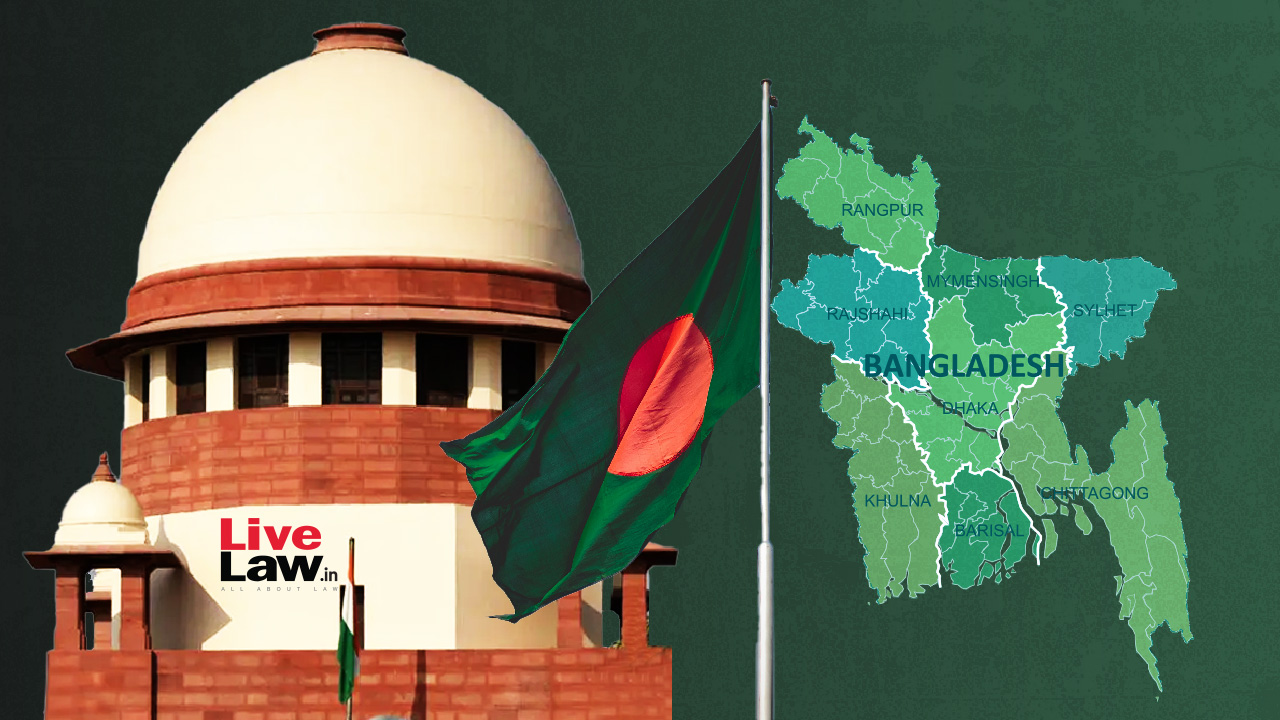Can This Court Comment Upon Affairs Of Another Country?: Supreme Court Refuses PIL On Hindus In Bangladesh
Introduction
The world is still grappling with the issue of intolerance and persecution of minority communities, and India is no exception. The Supreme Court’s recent refusal to entertain a public interest litigation (PIL) seeking the protection of Hindus in Bangladesh from violence targeted at minority communities has raised many questions about the limitations of the court’s jurisdiction. In this article, we will delve into the details of this case and explore the implications of the Supreme Court’s decision.
The Case
The PIL was filed by Rajesh Dhanda, the Chairman of Bhagwan Jagannath Rath Yatra Mahotsav Committee, Ludhiana, who is also the Vice Chairman of the ISKCON Mandir Steering Board. The PIL sought an extension of the deadline for submitting applications for seeking citizenship to Bangladesh-fled Hindus, direction to the Ministry of External Affairs (MEA) and Ministry of Home Affairs (MHA) to provide aid and assistance to Hindu minorities in Bangladesh through the High Commission stationed there, and creation of global pressure on Bangladesh as per the International Law to stop the ongoing atrocities against the minorities in the neighbouring state.
The Supreme Court’s Verdict
A bench of Chief Justice of India (CJI) Sanjiv Khanna and Justice Sanjay Kumar was hearing the PIL. At the outset, the bench refused to intervene in the issues of foreign affairs and internal developments of the neighbouring country. CJI Khanna observed, "It pertains to foreign affairs…..how can this court comment upon the affairs of another country? It would be so odd if this Court interferes with another country, that too a neighbour!"
Implications of the Supreme Court’s Decision
The Supreme Court’s decision has significant implications for the ongoing persecution of minority communities in Bangladesh. The court’s refusal to interfere in the internal affairs of another country has raised several questions about the limitations of the court’s jurisdiction. The case highlights the delicate balance between the desire to protect minority communities and the need to respect the sovereignty of another country.
Conclusion
The Supreme Court’s refusal to entertain the PIL seeking the protection of Hindus in Bangladesh has left many questions unanswered. The court’s decision has raised important questions about the limitations of the court’s jurisdiction. As we move forward, it is crucial that we find a balance between the need to protect minority communities and the need to respect the sovereignty of another country. As we continue to navigate these complex issues, we must remember that the protection of minority communities is essential for a peaceful and harmonious society.
Case Details:
- Case Number: W.P.(C) No. 153/2025
- Case Name: RAJESH DHANDA Versus UNION OF INDIA MINISTRY OF EXTERNAL AFFAIRS AND ORS
- Judge: Chief Justice of India (CJI) Sanjiv Khanna and Justice Sanjay Kumar
- Date of Hearing: February 24
Join the conversation:
Please share your thoughts on this article and the implications of the Supreme Court’s decision. What do you think about the limitations of the court’s jurisdiction? How can we balance the need to protect minority communities with the need to respect the sovereignty of another country? Your comments are welcome below!

Live News Daily is a trusted name in the digital news space, delivering accurate, timely, and in-depth reporting on a wide range of topics.
